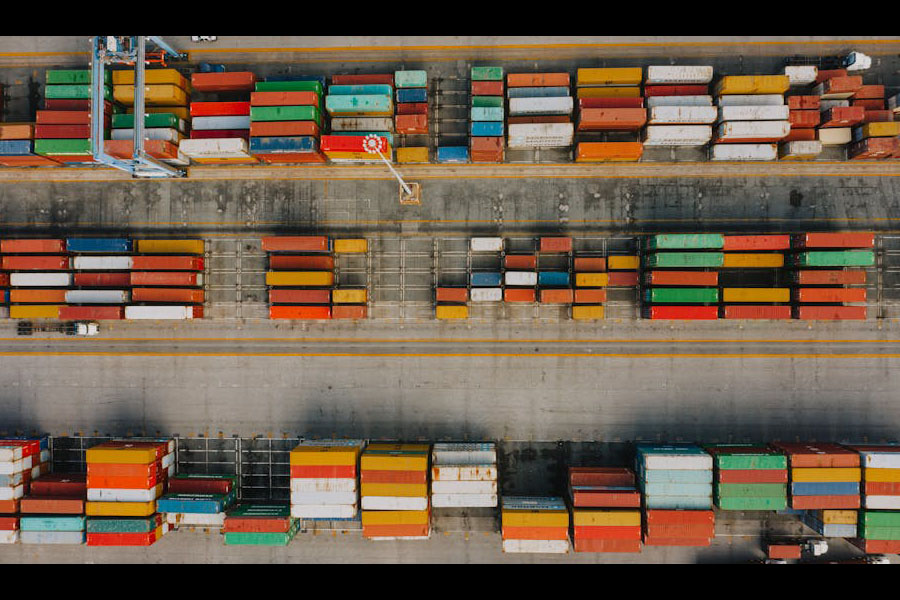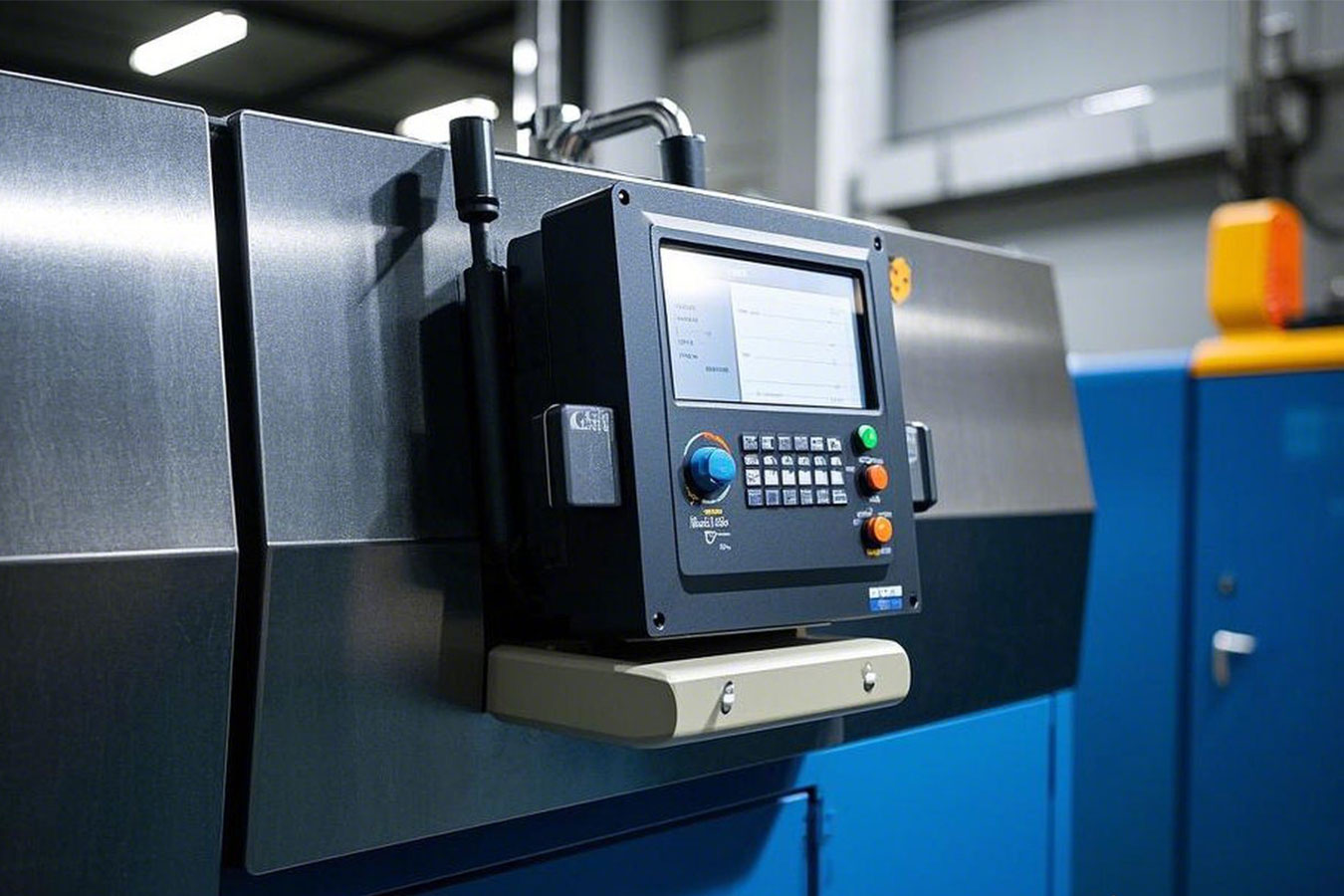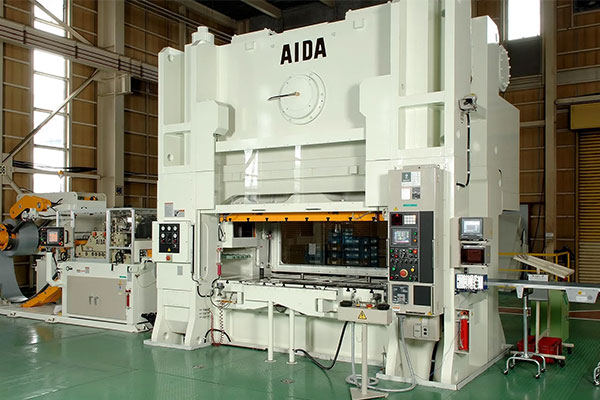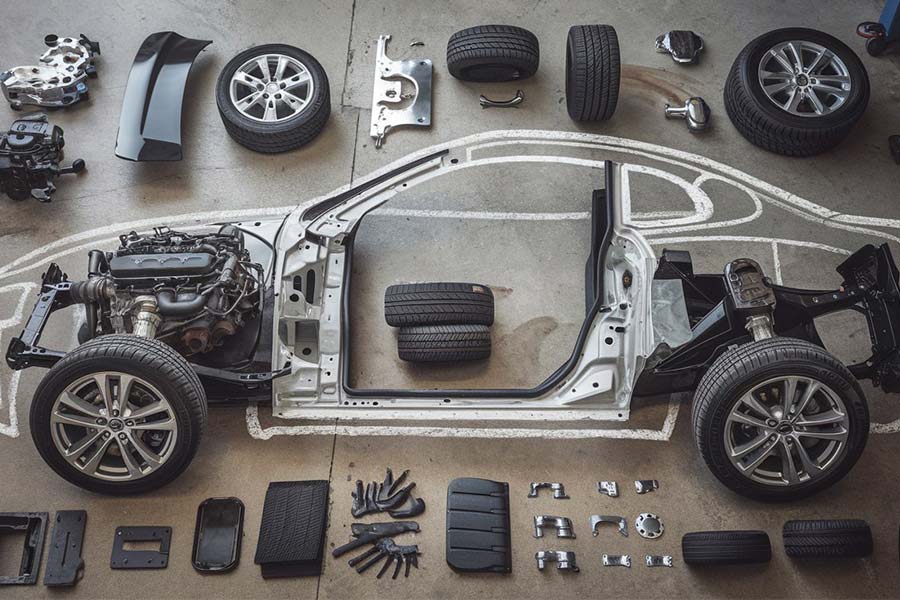- Shanghai Zhongshen International Trade Co., Ltd. - Two decades of trade agency expertise.
- Service Hotline: 139 1787 2118
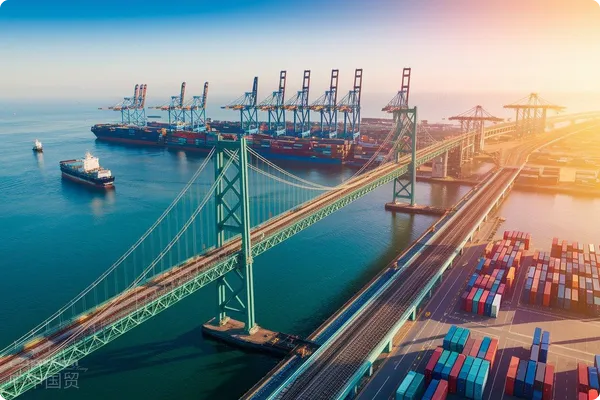
Contents
ToggleGerman Imported Pneumatic Components: A Journey in International Trade
In the global industrial supply chain, German-imported pneumatic components are highly favored by enterprises worldwide for their exceptional quality and advanced technology. When it comes to importing such products from Germany,foreign tradeimport and exportEvery step in the process is crucial. Among these, document processing, logistics arrangements, and familiarity with trade regulations in different markets are key factors in ensuring the smooth import of goods.
Professional document processing
Document processing is a crucial part of the import process, akin to a precise jigsaw puzzle where every document is indispensable. When importing pneumatic components from Germany, the first step is to prepare a Commercial Invoice, which provides a detailed description of the goods, including product names, specifications, quantities, and values. This serves as a key basis for customs duties. Next is the Bill of Lading, which acts as proof of shipment, confirming that the goods have been received or loaded by the carrier and will be transported to the destination port as agreed. Additionally, the Packing List meticulously records the specifics of the goods within each package, facilitating customs inspections and the recipient's verification of the shipment.
We have extensive experience in document processing, ensuring the accuracy of every document. Taking the commercial invoice as an example, its content must match the actual goods, as any error may lead to customs clearance delays or even fines. We meticulously verify the product codes (HS Code) on the invoice, as different codes correspond to varying tax rates and regulatory conditions. Additionally, when preparing the bill of lading, we pay close attention to its type (e.g.,Maritime TransportationBill of Lading, House Bill of Lading, etc.) as well as the consignee information on the bill of lading to ensure that the goods are accurately delivered to the correct consignee.
Additionally,It is recommended to verify through the following methods:The Certificate of Origin (CO) is also a document that cannot be overlooked. If the German pneumatic components meet specific rules of origin, obtaining the Certificate of Origin may enable the importer to enjoy certain tariff preferences. We will assist the importer in obtaining this certificate from the German supplier and ensure it complies with the requirements of our country's customs.
Efficient logistics arrangements
The logistics process is directly related to whether goods can arrive at their destination on time and safely. When importing pneumatic components from Germany, the common transportation methods include sea freight and...Air Transportation. Sea freight is suitable for large quantities of goods with relatively low costs, but the transportation time is longer; air freight, on the other hand, is faster and suitable for small batches of urgently needed goods, but the cost is higher.
When selecting ocean freight, we will arrange the shipping schedule reasonably based on the estimated arrival time of the cargo. For example, the Port of Hamburg in Germany is a major port of departure, and we maintain close contact with major shipping companies to obtain the latest shipping schedules. At the same time, considering that pneumatic components may fall under the category of precision instruments and have certain requirements for the transportation environment, we will ensure that the goods are properly protected during transit, such as avoiding moisture, vibration, etc. During the ocean freight process, attention should also be paid to the selection of containers. Depending on the size and characteristics of the cargo, the appropriate container type should be chosen, such as standard dry containers, refrigerated containers (if the product has temperature requirements), etc.
If air freight is selected, we will collaborate with professional air cargo agents to ensure the goods can quickly pass security checks and be loaded onto the aircraft. Given that air freight costs are relatively high, we will optimize the transportation plan as much as possible to reduce costs while ensuring timely delivery of the goods. For example, by consolidating small shipments from multiple clients and adopting a consolidated shipping approach, we can enjoy certain freight discounts.
After the goods arrive at the destination port, customs clearance and distribution are also crucial parts of the logistics arrangement. We have a professional customs clearance team that is well-versed in the various regulations of our country's customs and can expedite the clearance procedures. For imported pneumatic components, customs may conduct inspections. We will prepare the necessary documents in advance and cooperate with customs to ensure the smooth progress of the inspection. Once customs clearance is completed, we will promptly deliver the goods to the designated location according to the customer's requirements, whether it be a factory warehouse or a distributor's store.
Russian market and VTBFX Settlement AgencyAdvantages
In the Russian market, our company possesses unique VTB foreign exchange settlement advantages. Foreign exchange settlement, simply put, is the process of converting foreign currency into the domestic currency. In trade with Russia, due to factors such as Russia's financial system and international sanctions, foreign exchange settlement can sometimes encounter certain difficulties. However, through the VTB Bank channel, we are able to complete the settlement process more smoothly.
The specific process is as follows: When we import pneumatic components from Russia and reach a transaction agreement with the Russian supplier, the supplier will ship the goods according to the contract terms. After the goods arrive at the port in China and complete customs clearance, we will receive the corresponding shipping documents. Meanwhile, the Russian supplier will issue a payment instruction to us through VTB Bank. Upon receiving the instruction, we will submit the relevant documents to the local branch or partner bank of VTB Bank in China. The bank will then verify the authenticity and consistency of the documents. Once the verification is approved, the bank will convert the foreign exchange into RMB and disburse the payment to us.
The advantage of this VTB foreign exchange settlement not only accelerates the speed of capital recovery but also reduces risks during the settlement process. For instance, it avoids losses caused by excessive exchange rate fluctuations and issues of settlement inefficiency due to restrictions from other banking channels. This makes our import business in the Russian market more competitive, enabling us to provide clients with more stable and efficient services.
Import and Export Procedures and Solutions for the Southeast Asian Market
The Southeast Asian market holds a significant position in international trade. Importing German pneumatic components from Southeast Asia requires adherence to specific import and export procedures. First is the import process. After signing a procurement contract with a German supplier, we need to declare the import to our country's customs. This requires us to prepare all the aforementioned documents, while also paying attention to the relevant provisions of the Free Trade Agreements (FTA) signed between Southeast Asian countries and China. For example, under the China-ASEAN Free Trade Agreement, certain pneumatic components may enjoy preferential tariff treatment, but a valid certificate of origin that meets the requirements must be provided.
Regarding exports, if purchasing German-brand pneumatic components from Southeast Asia for re-export to other countries, it is essential to pay attention to the trade regulations and market access requirements of the destination country. For instance, some countries may have stringent quality certification standards for specific pneumatic components. We will assist clients in understanding these requirements and provide corresponding solutions.
In the import and export process, logistics and transportation also have their unique characteristics. The Southeast Asia region boasts numerous ports, such as Singapore Port and Port Klang in Malaysia. We will select the most suitable port and transportation route based on the origin and destination of the goods. For sea freight, we take into account the transshipment of goods to ensure both safety and efficiency during the transfer process. Regarding documentation, in addition to standard documents, special attention must be paid to certain specific documents that may be required by Southeast Asian countries, such as certificates of origin.
Additionally, in the Southeast Asian market, trade regulations and business practices vary across different countries. For example, in Indonesia, importers need to obtain an import license, while in Thailand, certain products may require compliance with local standard certifications. We will thoroughly understand these differences and provide tailored solutions for our clients to ensure the smooth operation of import and export businesses.
Challenges and Opportunities in the Current International Trade Landscape
The current international trade situation is complex and volatile, posing numerous challenges to the import of pneumatic components from Germany. The rise of trade protectionism has led various countries to implement a range of trade restrictions, such as imposing additional tariffs and erecting trade barriers. These measures not only increase import costs but may also create uncertainty in market demand. For instance, some countries have imposed high tariffs on imported products to protect their domestic pneumatic component industries, thereby reducing the price competitiveness of German pneumatic components in local markets.
At the same time, exchange rate fluctuations also pose a significant challenge. Since Germany uses the euro while our country settles transactions in RMB, the instability of the euro-RMB exchange rate may lead to fluctuations in import costs. If the euro appreciates, importers will need to pay more RMB to purchase pneumatic components of the same value, which undoubtedly increases operational risks for businesses.
However, challenges also present opportunities. With the gradual recovery of the global economy, the demand for high-quality German pneumatic components is expected to rebound. Particularly in emerging markets, such as infrastructure construction in Southeast Asia and industrial upgrading in Russia, there is vast market potential for German pneumatic components. Meanwhile, the deepening application of digital technologies in international trade has made trade processes more convenient and efficient. For instance, the promotion of electronic documents has reduced the transmission time and error rates associated with paper documents, thereby enhancing trade efficiency.
In addition, the continuous signing and improvement of free trade agreements have also created favorable conditions for import businesses. As previously mentioned, the China-ASEAN Free Trade Agreement provides tariff preferences for importing German pneumatic components from Southeast Asia, reducing import costs and enhancing the competitiveness of products in the domestic market.
Product Certification Services
When importing pneumatic components from Germany, product certification is an essential step that cannot be overlooked. Different countries and regions have varying certification requirements for pneumatic components. For instance, the European Union requires CE certification, which serves as a passport for products entering the EU market, indicating compliance with relevant EU directives and harmonized standards. In China, pneumatic components may need to adhere to the relevant provisions of the national GB standards.
Although our company does not directly provide certification services, we assist clients in understanding the required certifications and offer professional advice. We help clients navigate the processes and requirements of different certifications, such as CE certification, which involves product testing and technical documentation review. Additionally, we recommend professional certification agencies with extensive experience and a solid reputation to ensure the smooth progress of the certification work.
During the process of assisting clients with certification, we remind them to pay attention to the timeliness of certification. For example, some certification certificates have a limited validity period and require timely renewal upon expiration; otherwise, the products may not be legally sold in the market. Additionally, we monitor updates to certification standards and promptly notify clients to adjust their products to meet new standard requirements.
In summary, importing pneumatic components from Germany involves numerous steps, including document processing, logistics arrangements, adapting to the characteristics and trade conditions of different markets, as well as product certification, all of which require professional knowledge and extensive experience. Our company, with our expertise in imp...Export RepresentationWith profound expertise in the service sector, we are capable of providing comprehensive and efficient services to our clients, assisting them in achieving success in international trade.
Related Recommendations
Contact Form
? 2025. All Rights Reserved. Shanghai ICP No. 2023007705-2  PSB Record: Shanghai No.31011502009912
PSB Record: Shanghai No.31011502009912
